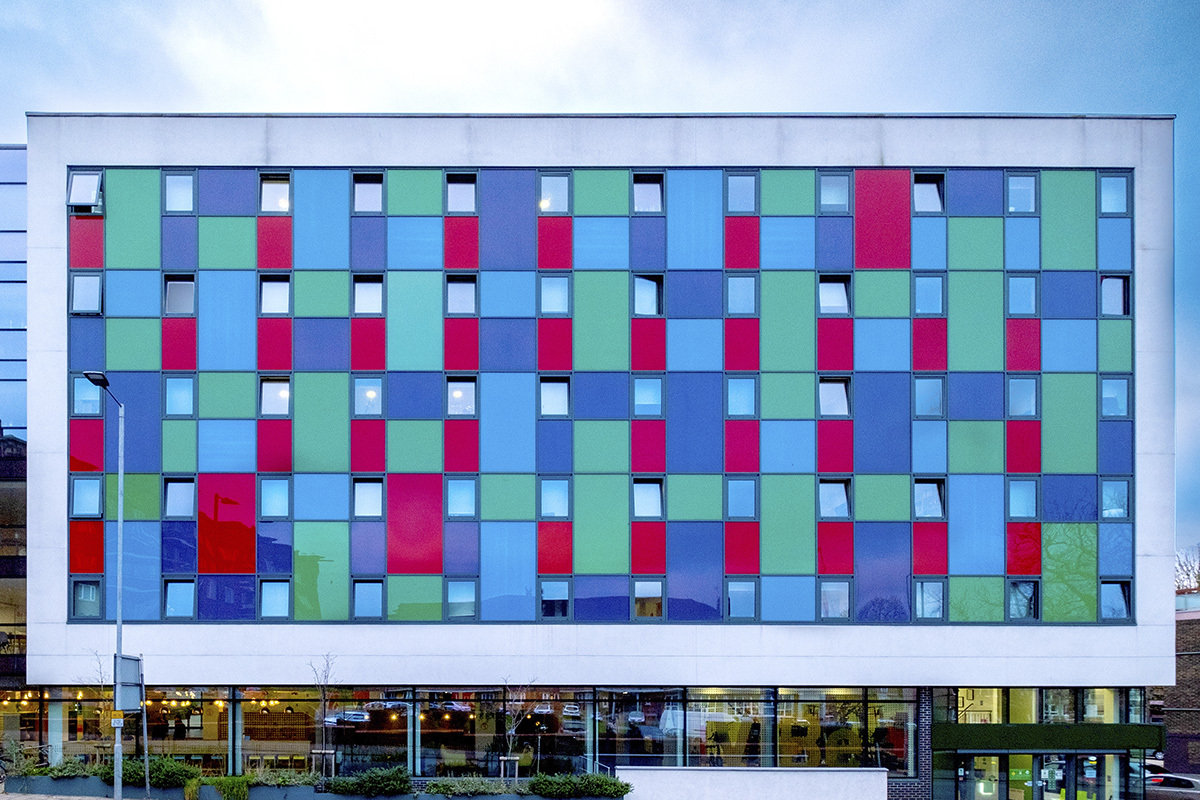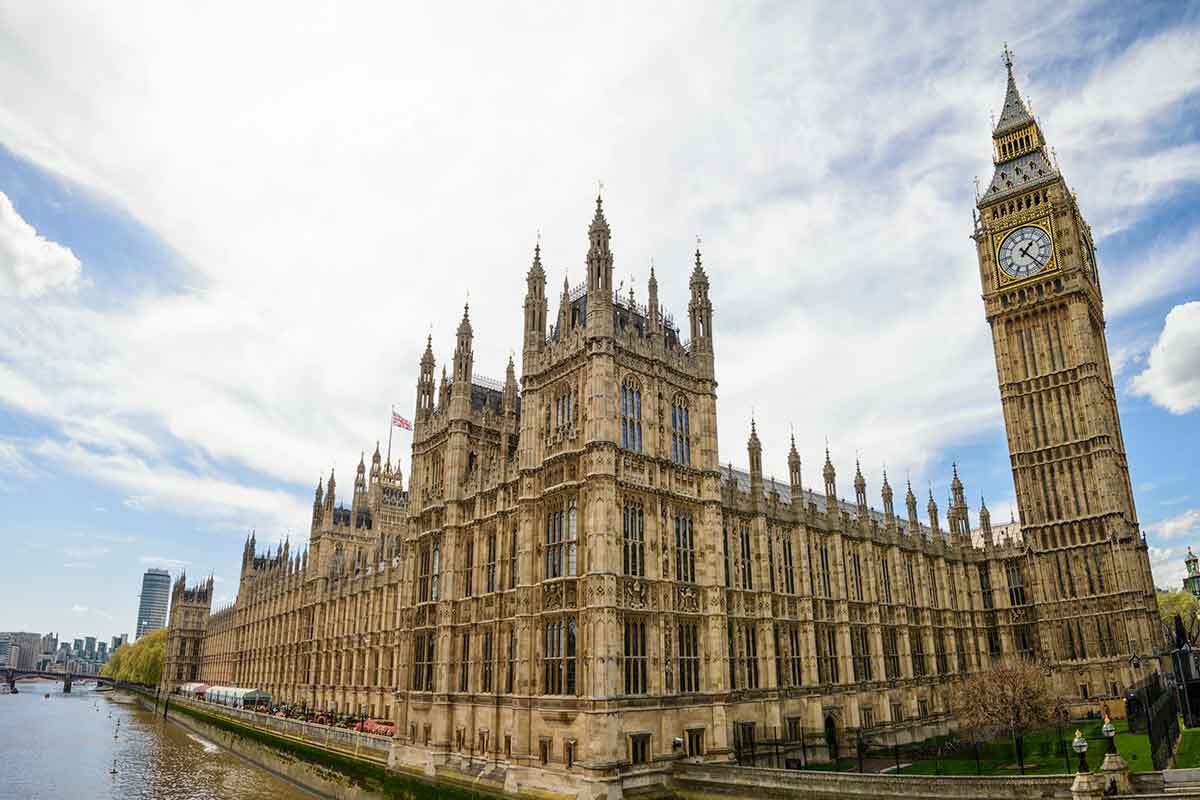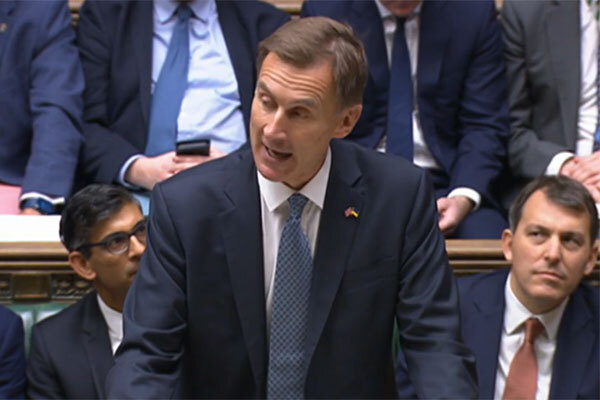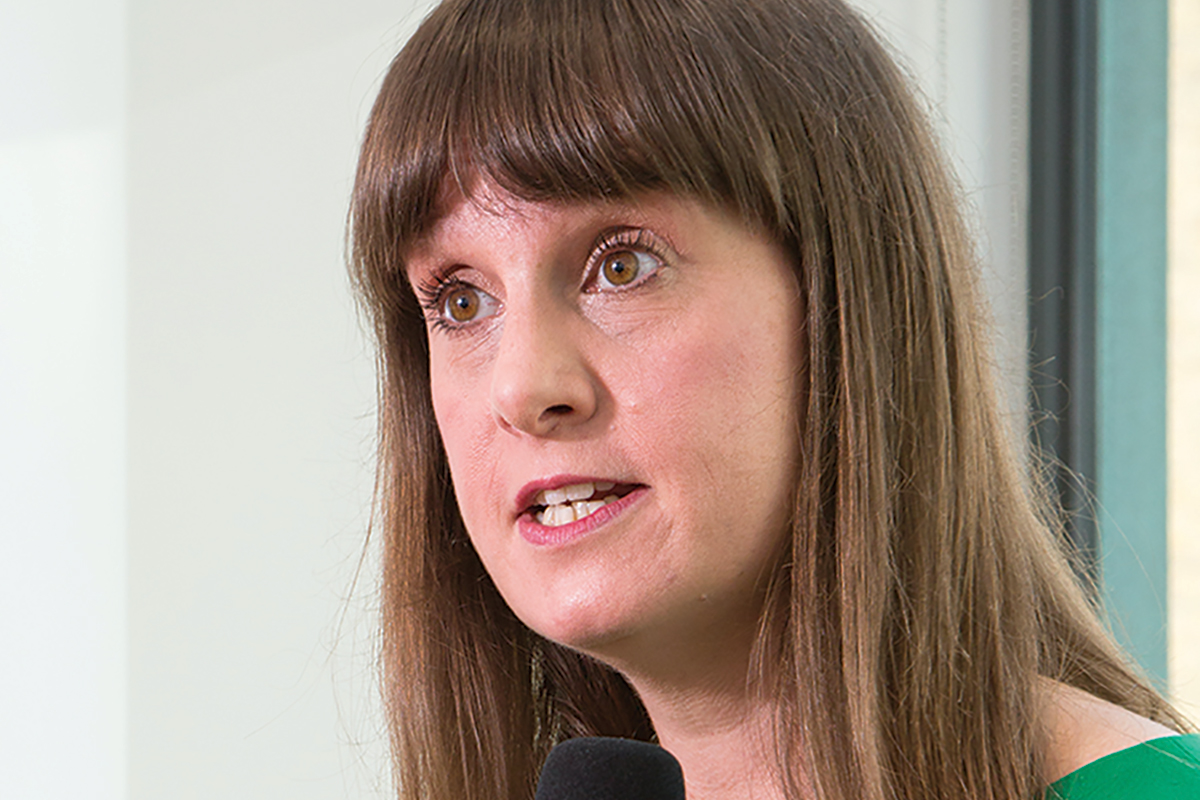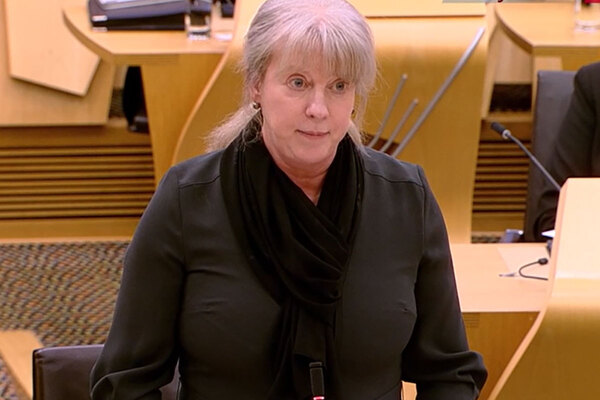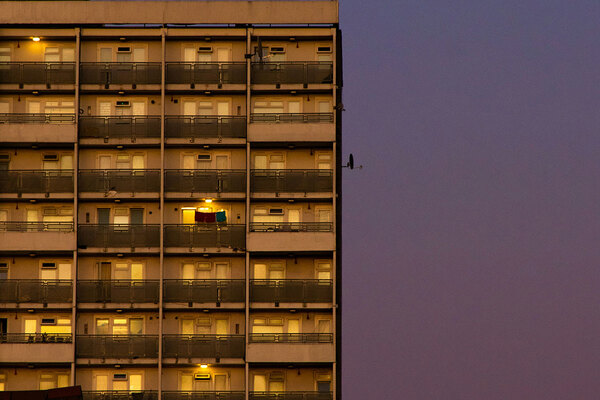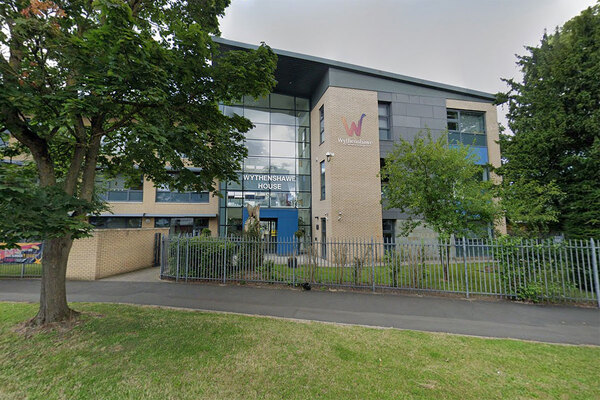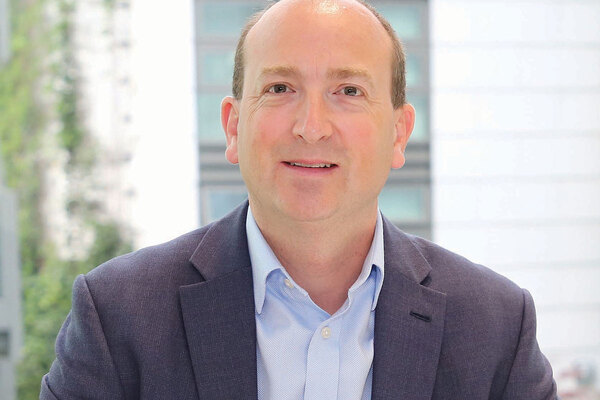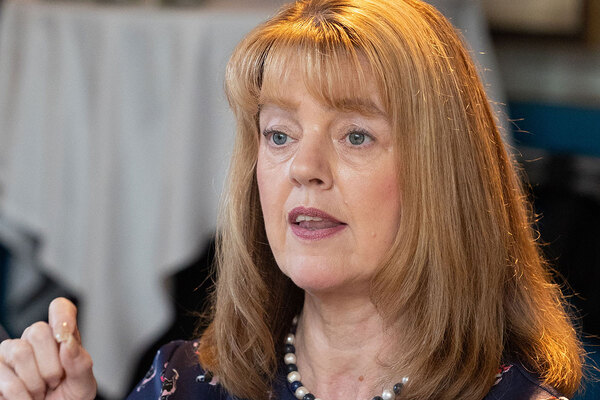You are viewing 1 of your 1 free articles
NHF member still consulting on 7% cap for shared owners
Accent Housing confirmed that it will not make a decision to apply a 7% rent cap for shared owners until a board meeting has taken place in January.
The 20,000-home landlord told Inside Housing that it is still discussing the impact of next year’s rent increase following the announcement by the National Housing Federation (NHF) last month.
The leading trade body for housing associations in England, which has 800 members, revealed a voluntary commitment by some of its members to implement a 7% rent cap for shared owners following the government’s Autumn Statement in November.
This commitment was announced on the same day that the chancellor confirmed that he had decided on a 7% cap on social rents from April following a consultation in the summer.
One week after the commitment was announced, a concerned Accent shared owner told Inside Housing that the landlord, and NHF member, had not yet taken a decision on whether to match the social rent cap.
Accent said: “The NHF has confirmed that some housing associations have agreed to apply a voluntary cap of 7% to their shared owners’ rents next April. Our board have been discussing the implications of the 2023-24 rent increase over the summer and throughout the period of consultation. They will receive a further report at their next meeting in January 2023.
“We are very aware that the current economic environment is an increasingly difficult time for many of our residents and we will carefully consider the impact our decisions will have on the finances of all our residents. We are unable to make further comment at this time. When we are in a position to confirm our decision we will do so with our residents in the first instance.”
There were concerns around shared owners facing potentially financially crippling housing costs, with the rental element of their homes not being covered by the government rent cap. Instead, most shared ownership deals see their rents increase by Retail Price Index (RPI) plus 0.5% every year.
RPI is currently tracking at 14.2%, meaning shared owners were expecting huge hikes.
In response, the NHF clarified its earlier statement that members representing 80% of shared ownership homes have committed to the voluntary cap. A figure that has since risen to over 90%.
Rhys Moore, executive director of public impact at the NHF, said: “The certainty provided by the government’s decision on social rents means that housing associations representing over 90% of shared ownership homes have committed – through the National Housing Federation – to cap shared ownership rents increase at 7%.
“We have encouraged our members to let residents know about this decision as soon as possible, but realise some organisations will need to seek formal ratification from boards and finalise the details of how to implement the cap before letting their shared owners know.
“We continue to encourage all housing associations who deliver shared ownership to sign up to this commitment.”
Sign up for our development and finance newsletter
Already have an account? Click here to manage your newsletters
